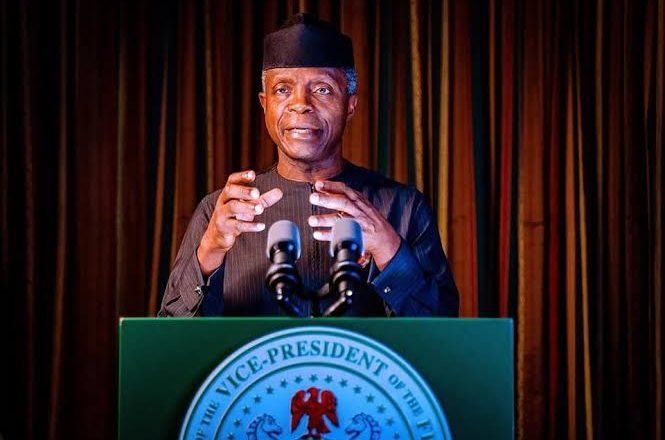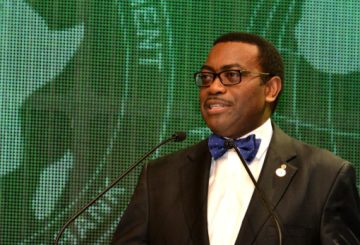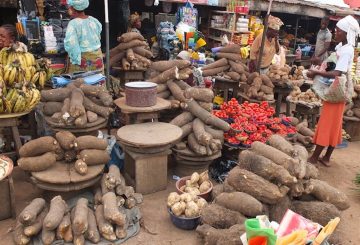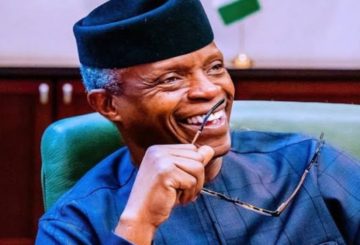The Vice President, Professor Yemi Osinbajo, SAN, said the act to comparing the realities of the Nigerian economy with those of other smaller African states is quite unbefitting.
In his words, at least 10 Nigerian states “have bigger GDPs than those countries.”
He also noted that the unfair reports from the country does not in any way reflect the reality of the entire country which, he according to him, is too vast in landmass.
He thereby enjoin the international community to understand Nigeria’s population and geographic size to better understand the complexity of her multiple layers of challenges.
According to a statement signed on Sunday by his Senior Special Assistant on Media and Publicity, Laolu Akande, the VP let out his opinion while attending to questions from a group of Harvard Business School students who visited him on Friday at the Presidential Villa, Abuja.
The students, who were on an African excursion, tailked extensively with VP on leadership, faith, spirituality, government policies in education, health, economy, and national image, among others.
The statement was titled, ‘Why I value transparency & social justice, by Osinbajo.’
According to the VP, “First, there is a need to appreciate the size of the country, which is crucial to understanding what the issues are.
“For instance, Borno State is about the size of the whole of the United Kingdom plus Sweden or Denmark. So, when it is reported that there is violence in Nigeria, it is probably an incident in one remote area of the country, and many people in Abuja and Lagos may hear about it on social media, such is the size of this country.
“When they talk about the economy, we are often compared with smaller African countries, but there are 10 states in Nigeria that have bigger GDPs than those countries, it is a huge target market.”
While reacting to the question on some inaccurate characterisation of Nigeria in sections of the international community, the Vice President mentioned that, “It is important to constantly engage the international community to show them how we feel about the stereotypes. It comes down to the work we do as a government and people about the characterisation. This is why the work around the ease of doing business is the initiative that has behind it, the whole idea that this environment is one that is welcoming to business and people can come and do business. ”





